The presidential election is coming up in a few months and people are split on whether their one vote will matter.
“They’re [students] impacted by laws that have been made by leaders, decision makers: it’s a democracy,” said Bob Beatty, professor and chair of political science.
College students typically fall within the group of 18-24 year olds, and this particular group has the lowest voter count of the age groups — the largest group being older adults typically above 50.
Beatty referenced President Joe Biden being sued by Kansas’ Attorney General surrounding student loan forgiveness. He mentioned that college students are greatly affected by it, and they need to show up and vote if they want to change it.
“There’s no protests, and he got elected. Next election, if young people came out and voted the same percentage as older people in Kansas, he might not get elected,” Beatty said. “Younger people don’t vote in the same percentage, but they pay the price because in a democracy those who vote are going to have more benefits than those who don’t.”
Some students advocate the importance of voting.
“I do think voting matters. We all have a voice and we need to use it,” said Brooklyn Bogart, freshman nursing major.
Other students, such as Alyssia Llamas, freshman radiologic technology major, think even one vote can matter when it all gets added up. However, she also believes it’s not too important for students to vote if they aren’t interested in political science.
“If that’s what they want to get into in the future, [they] probably [should vote]. But if they’re not too worried about going into things like that, then no,” Llamas said.
Students may not be registered to vote because they only recently turned the legal minimum age to vote.
“I haven’t registered after turning 18. I probably should, because I would [vote] after I register,” Llamas said.
With larger elections comes more votes, so the impact of one single vote isn’t as significant. In smaller local elections, a single vote can have a greater impact on the results.
“If somebody wants the most power for their vote, they need to vote in local elections, because there’s a smaller number of people voting,” Beatty said. “The fewer people voting, the more powerful any one vote is.”
Using the internet is an easy and accessible way to look up information of the candidates. Oftentimes, the candidates have websites or social media where they discuss their position on topics.
“Much of the information is available. If it’s not, that’s a reason not to vote for someone,” Beatty said.
Although the presidential election will have the same two main candidates as 2020, this election is vastly different. Former President Donald Trump has been impeached, but he still can run because he wasn’t convicted. In the past, only one president was going to be convicted, Richard Nixon, who didn’t want to be convicted, so he resigned.
There is also a current Supreme Court case that is deciding whether states have the right to take a candidate off the ballot, which multiple states have tried to do with Trump.
“We’ve never seen an election like this,” Beatty said. “It’s a test of whether voters are okay with the indictments and the behavior. Maybe they are, it’s never been tested before.”
Voting is ultimately up to a person to decide for themselves if they want to use their right to vote for the president of the United States.
“So, if they’re okay with other people deciding everything that goes on in their life, I guess they don’t need to vote,” Beatty said.
For students who are not registered to vote and want to, they can register online.
Edited by Jeremy Ford and Stuti Khadka





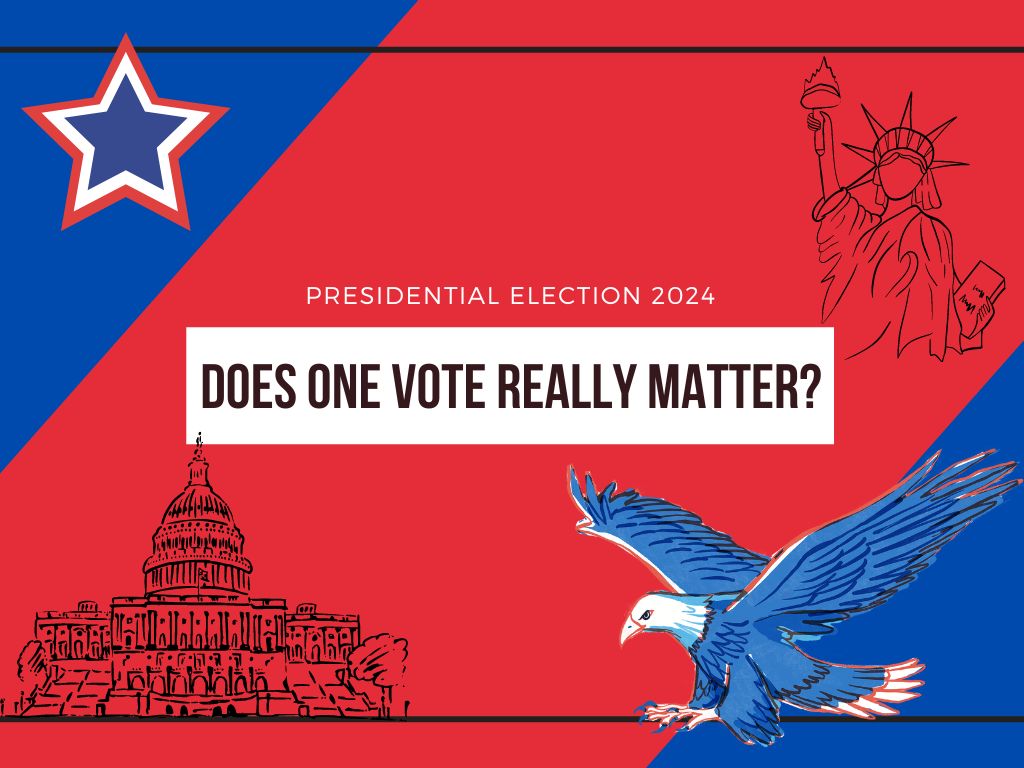
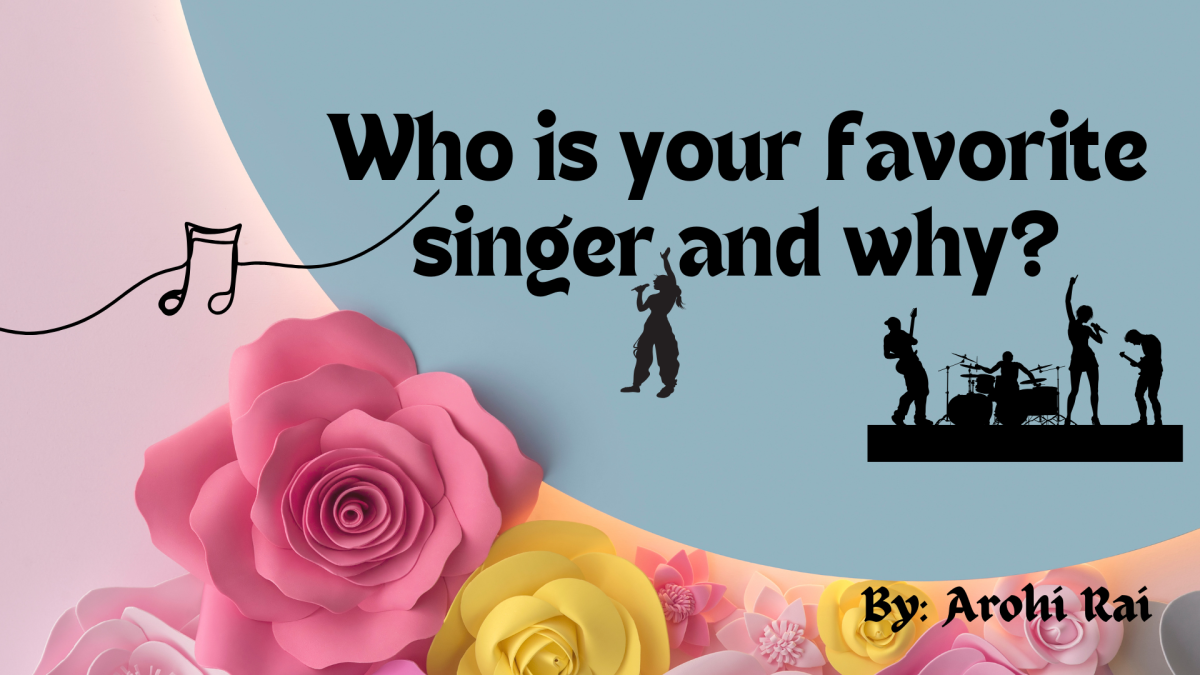
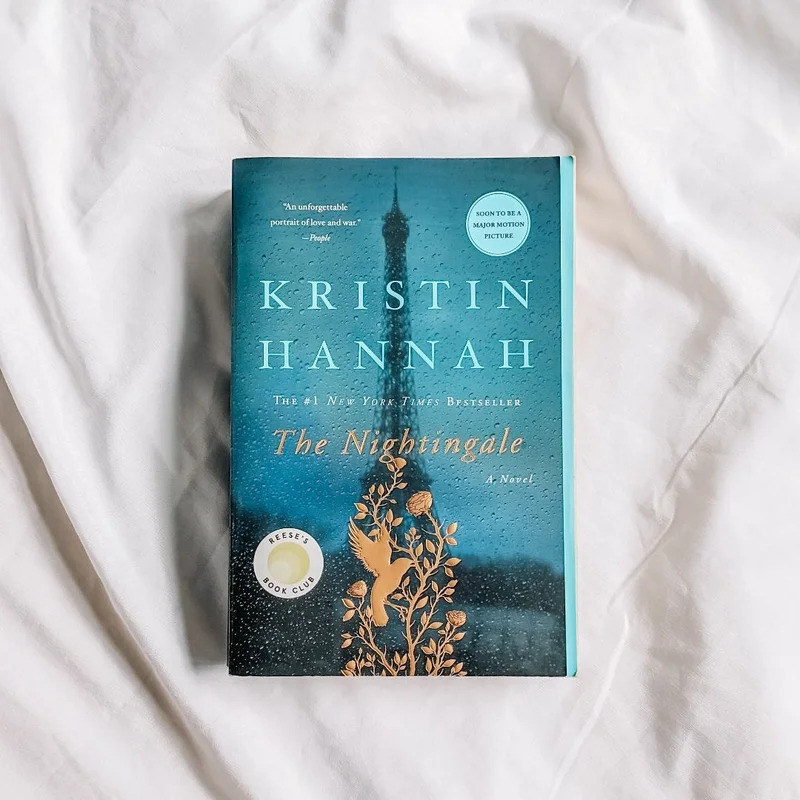
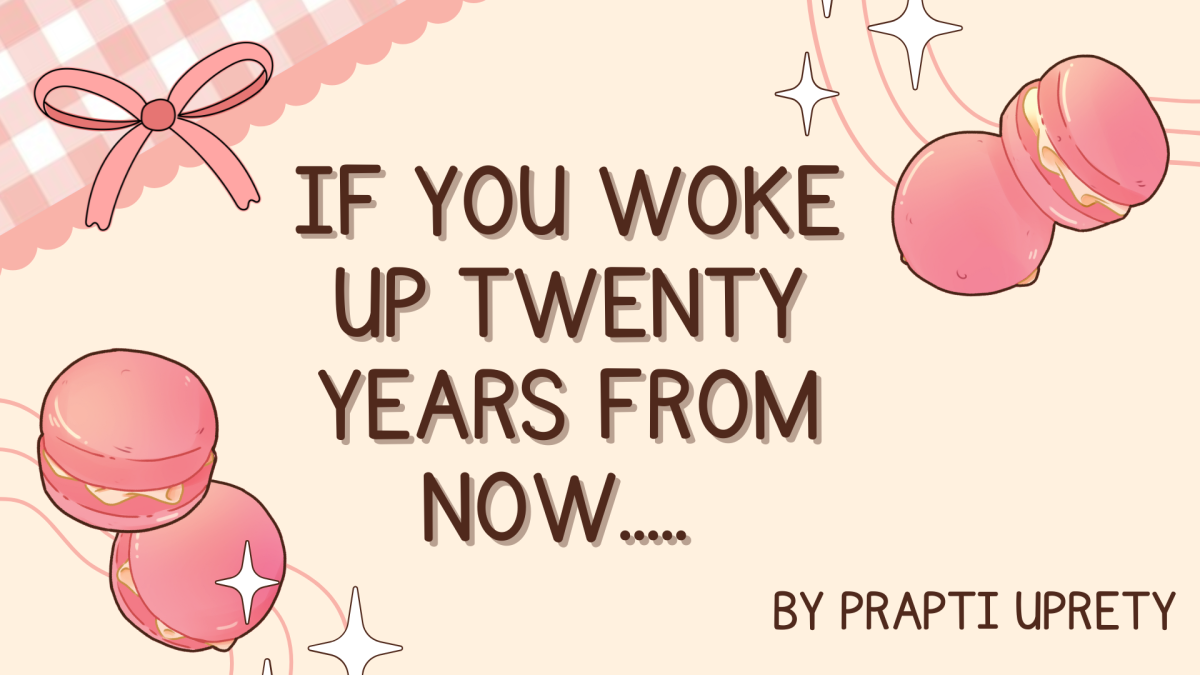

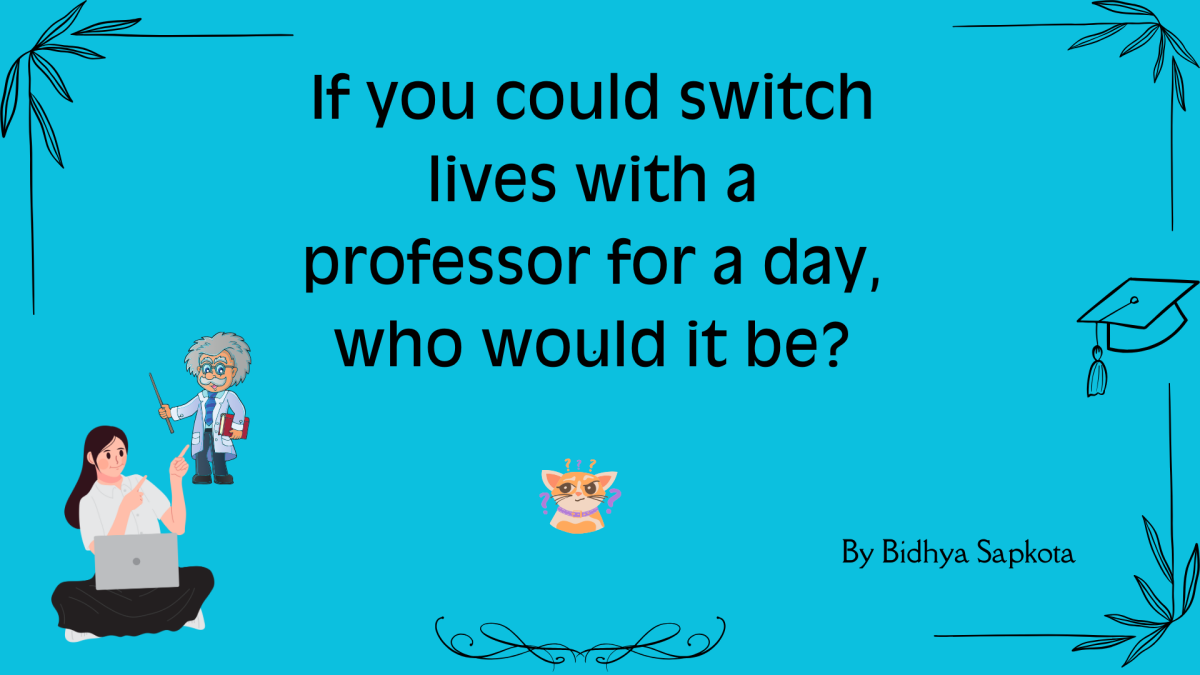
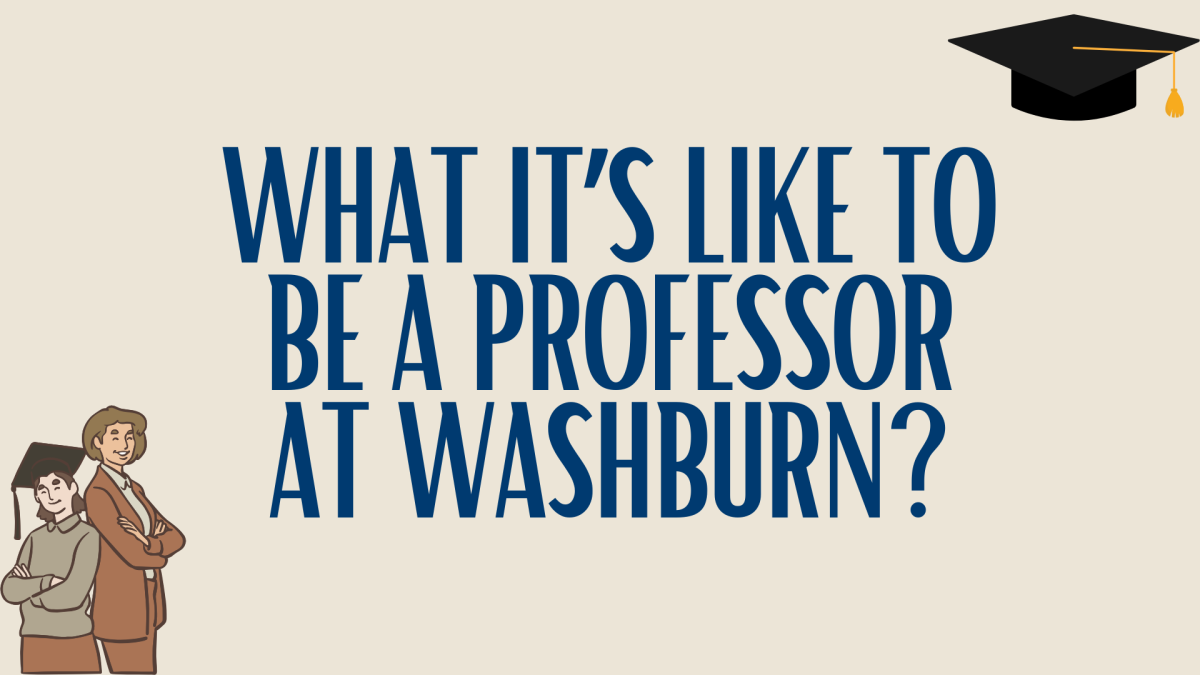

George Burdick • Apr 11, 2024 at 9:21 am
I greatly appreciated this article! The ending with Dr. Beatty’s quote was a good touch. Voting is critical in a democratic society, and even if people don’t want to vote for the Presidential Candidates, there are tons of ‘down ballot’ elections happening in November for the Statehouse and Local Government. These latter levels of Government arguably impact student’s lives more, and as the article mentioned, give more voting power to students simply due to numbers. I hope to see more coverage of this kind from the Review in the future!